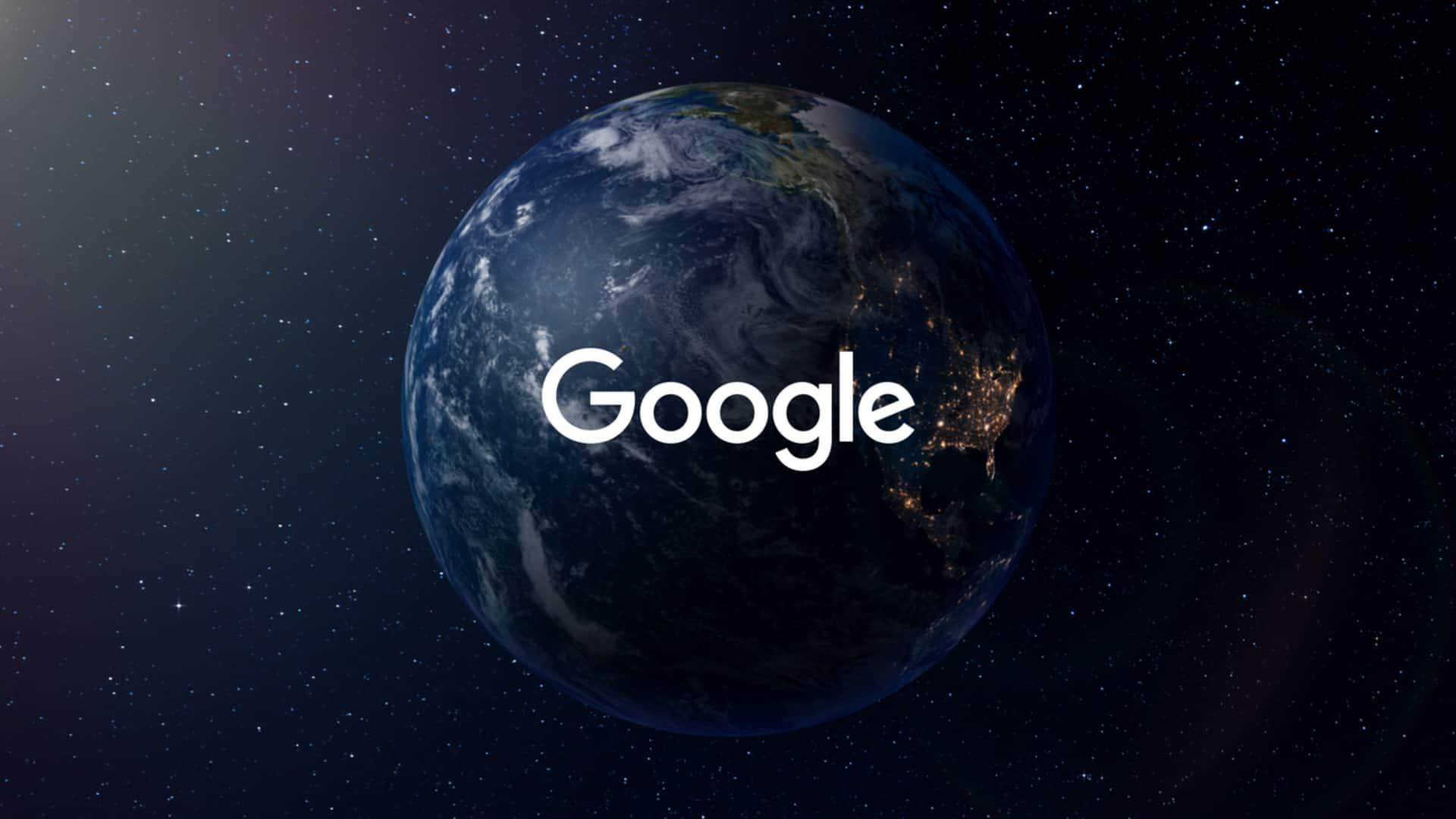
Google signs largest biochar carbon removal deal with Indian start-up
What's the story
Google has signed a deal to purchase 100,000 tons of carbon dioxide removal credits from Indian start-up Varaha. This is the tech giant's first such deal with an Indian carbon project and the largest transaction involving biomass-produced biochar to date. The credits will be delivered by 2030 from Varaha's industrial biochar project in Gujarat. Biochar is a charcoal-like substance created by heating biomass in an oxygen-limited environment. It has the ability to store carbon for thousands of years.
Market standing
Varaha's unique position in carbon removal sector
New Delhi-based Varaha is the only Indian firm to be listed on carbon removal standard and registry 'Puro.Earth.' The start-up intends to manufacture industrial biochar from an invasive plant species, Prosopis Juliflora, at its pyrolysis facility in Gujarat. This effort will help mitigate the adverse effect of this species on plant biodiversity and revive native grasslands in the area.
Carbon solution
Biochar's role in long-term carbon removal
Biochar is known as a long-term carbon removal solution with its permanence between 1,000 and 2,500 years depending on production and environmental conditions. Varaha has tried different feedstocks and parameters in its reactors to achieve a permanence of nearly 1,600 years. The company has also created a digital monitoring system that employs remote sensing to monitor biomass availability and record biochar production activities.
Production goals
Varaha's biochar production and carbon credit generation
In its first project, Varaha processed some 40,000 tons of biomass and produced 10,000 tons of biochar last year. The company's CEO, Madhur Jain, said that even without scaling up, they can easily achieve the target of 100,000 tons of biochar by 2030. He added that each ton of biochar produces 2.5 carbon credits with a goal to reach one million credits per year by 2030.
Emission targets
Google's carbon emissions and net-zero goal
In 2023, Google reported total greenhouse gas emissions of around 14.3 million tons of CO2 equivalent gasses, a 13% increase from the last year. Nevertheless, the company has set a goal to achieve net-zero emissions across all its operations and value chains by 2030. Google's carbon removal lead Randy Spock highlighted biochar as a promising approach to carbon removal due to its scalability and positive impact on soil health.